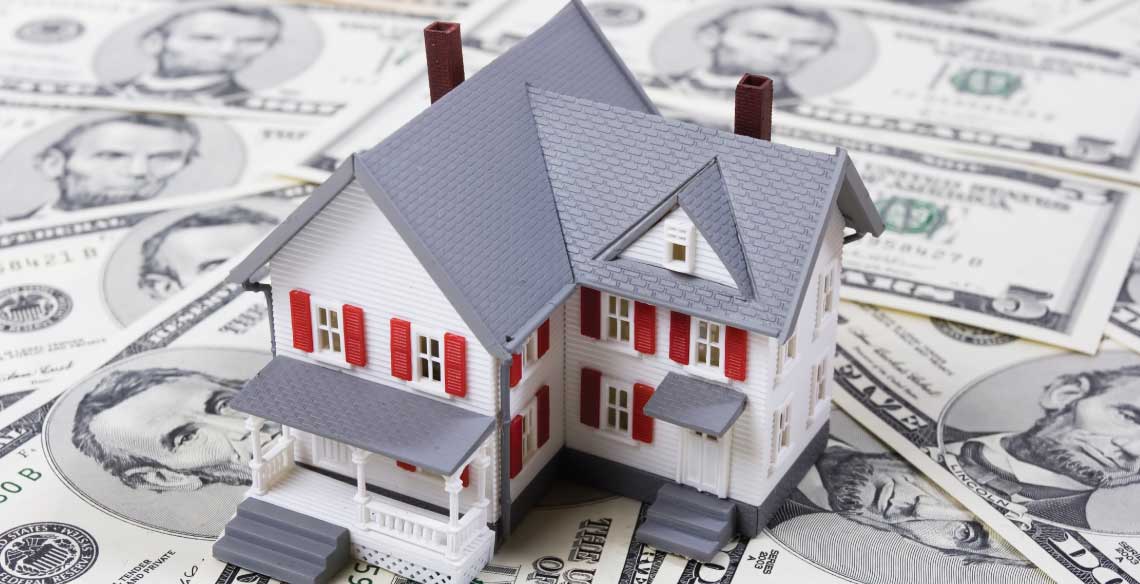If you’re saving for a home of your own, you likely think you'll need to save up until you have 20% of your dream home’s total value for the down payment. But the fact is you don’t need to put down 20%.
The 20% myth is left over from the era after the housing crisis, when many lenders tightened their lending parameters for a while. In fact, since FHA loans were introduced in 1934, mortgages have not required putting 20% down.
Let’s explore mortgage options that don’t require 20% down and take a look at the pros and cons of making a smaller down payment.
Conventional loan options:
- 3% down mortgage: Many lenders will require putting as little as 3% down. Some even offer reduced mortgage insurance on these loans, with no income limits or first-time buyer requirements.
- 5% down mortgage: Lots of lenders accept a 5% down payment. However, most require the buyer to have a FICO score of 680 or higher.
- 10% down mortgage: Most lenders will accept a 10% down payment, even with a less-than-ideal credit score.
Each of these loans requires income eligibility and most require paying for PMI, or private mortgage insurance.
Government-backed loan options:
- FHA mortgage: This loan, aimed at helping first-time home buyers, requires putting down as little as 3.5%.
- VA mortgage: VA mortgages are strictly for current and former military members. They require zero down and don’t necessitate mortgage insurance.
- USDA home loans: These loans also require zero down, but eligibility is location-based. Qualifying homes must be in a USDA-approved area in rural or suburban areas.
Pros of smaller down payments
Are you waiting until you’ve saved 20% to put down? You might want to reconsider. In the time it takes you to save, home prices may rise significantly. Rates may go up as well.
Other benefits of a smaller down payment include:
- Conserve cash: You’ll have more money available to invest and save.
- Pay off debt: Many lenders recommend paying down credit card debt before purchasing a home. This will improve your credit score and help you land a better mortgage rate.
- Build an emergency fund: As a homeowner, having a well-stocked emergency fund is crucial.
Cons of smaller down payments
- Mortgage insurance: PMI is an extra monthly expense.
- Potentially higher mortgage rates: If you’re taking out a conventional loan with a smaller down payment, you’ll have a higher mortgage rate.
- Less equity: A smaller down payment means having less equity in your home.
Before house hunting, be sure you can afford to own a home. Ideally, your total monthly housing costs should not exceed 30% of your monthly gross income.
Ready to buy your dream home or have question about the home loan process? Contact one of our mortgage loan officers for assistance.



